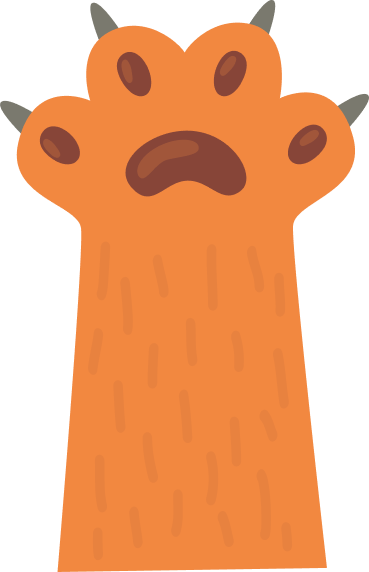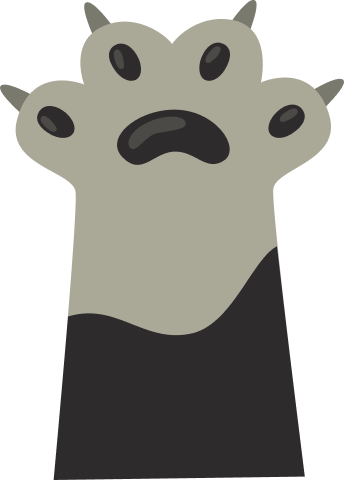Our feline friends need a nutritious, well-rounded diet to support their longevity. Whether you're looking for the best healthy cat food or you're trying to find some nutritional supplements for your cat, it can be hard to know what your cat really needs. Unfortunately, many cat foods don’t provide adequate nutritional value despite what their marketing efforts attempt to convey.
If your cats don't receive the proper nutrition that they need, they can face long term health issues and deficiencies. We’ve talked on the VitaCat blog before about the importance of looking after your cat’s joint and kidney health to support their wellness and longevity. Today, we’re breaking down the most common feline nutrient deficiencies so you can know what to look out for.
Taurine deficiency in cats.
Taurine is a type of chemical referred to as an amino sulfonic acid. It supports heart and brain function as well as nerve health. Cats don’t produce enough taurine so they often are deficient in this key nutrient. Taurine deficiency in cats can lead to blindness, heart problems, digestive issues, and fetal abnormalities.
Because many cat foods often don’t contain high quality meat, some cats can be at a heightened risk for developing this deficiency. It can be difficult to diagnose Taurine deficiency, so it’s best to take a preventative approach and feed your cat high quality food and supplements that contains Taurine.
Probiotic deficiency in cats.
Whether you take a probiotic or you have a favorite kombucha, probiotic supplementation is common practice for humans. Did you know your cats need digestive support, too?
It’s quite common for cats to be deficient in the proper amount of probiotic flora that they need. This can lead to a variety of complications ranging from mild stomach upset to serious gastrointestinal illnesses. Supporting your cat's diet with a probiotic supplement can help regulate their digestive system, maintain a healthy appetite, and support their immune health.
Thiamine deficiency in cats.
Thiamine is one of the most common nutrient deficiencies in cats. Thiamine, also known as Vitamin B1, is a water-soluble vitamin that supports carbohydrate metabolism in cats. When cats are deficient in Thiamine, neurological symptoms can arise. These side effects include tremors, seizures, loss of balance, incoordination, dilated pupils, and impaired vision.
This deficiency can be caused by the inability to absorb Thiamine as a result of an unhealthy digestive system and liver, as well as insufficient Thiamine levels in food. It’s best to take a multifaceted approach to prevent this deficiency by supporting your cat’s digestion and liver function as well as supplementing your cat’s diet with Thiamine.
Because relying on diet alone can still lead to nutrient deficiencies, it’s beneficial to consider supplementation to ensure your cat has the nutrients they need. VitaCat’s multivitamin & probiotic cat chews contain Taurine, Probiotics, and Thiamine – giving your cat the support they need to live a long and healthy life.





